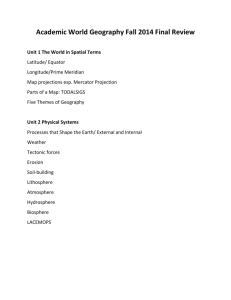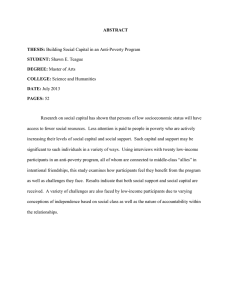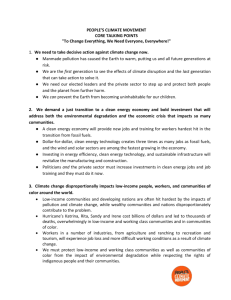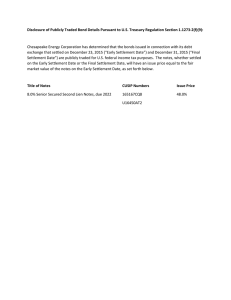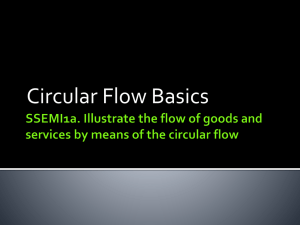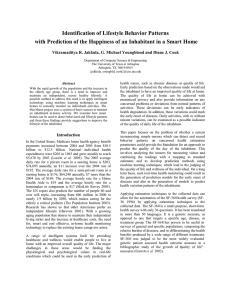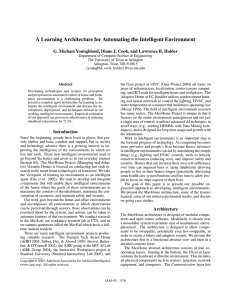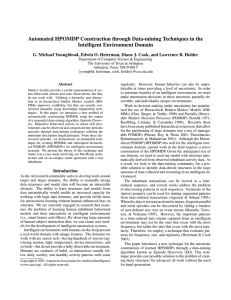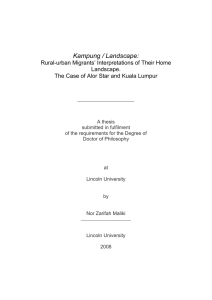PRODUCTIVE SETTLEMENT: A WAY OF LOW-INCOME COMMUNITY SUSTAIN THE COMMUNITY
advertisement
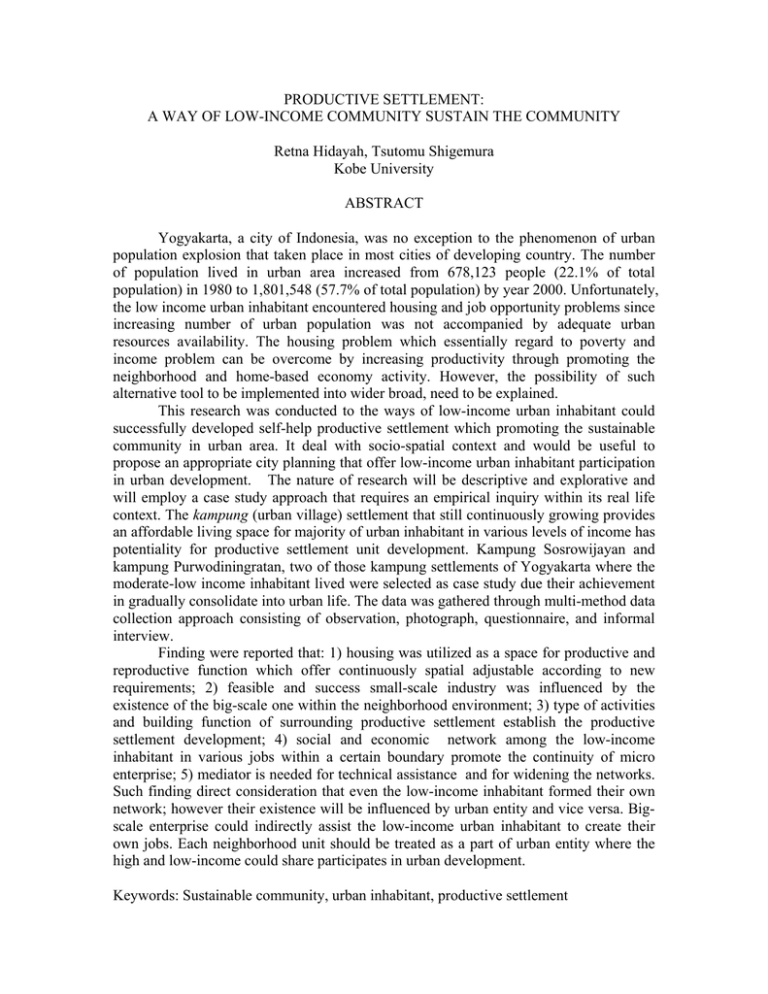
PRODUCTIVE SETTLEMENT: A WAY OF LOW-INCOME COMMUNITY SUSTAIN THE COMMUNITY Retna Hidayah, Tsutomu Shigemura Kobe University ABSTRACT Yogyakarta, a city of Indonesia, was no exception to the phenomenon of urban population explosion that taken place in most cities of developing country. The number of population lived in urban area increased from 678,123 people (22.1% of total population) in 1980 to 1,801,548 (57.7% of total population) by year 2000. Unfortunately, the low income urban inhabitant encountered housing and job opportunity problems since increasing number of urban population was not accompanied by adequate urban resources availability. The housing problem which essentially regard to poverty and income problem can be overcome by increasing productivity through promoting the neighborhood and home-based economy activity. However, the possibility of such alternative tool to be implemented into wider broad, need to be explained. This research was conducted to the ways of low-income urban inhabitant could successfully developed self-help productive settlement which promoting the sustainable community in urban area. It deal with socio-spatial context and would be useful to propose an appropriate city planning that offer low-income urban inhabitant participation in urban development. The nature of research will be descriptive and explorative and will employ a case study approach that requires an empirical inquiry within its real life context. The kampung (urban village) settlement that still continuously growing provides an affordable living space for majority of urban inhabitant in various levels of income has potentiality for productive settlement unit development. Kampung Sosrowijayan and kampung Purwodiningratan, two of those kampung settlements of Yogyakarta where the moderate-low income inhabitant lived were selected as case study due their achievement in gradually consolidate into urban life. The data was gathered through multi-method data collection approach consisting of observation, photograph, questionnaire, and informal interview. Finding were reported that: 1) housing was utilized as a space for productive and reproductive function which offer continuously spatial adjustable according to new requirements; 2) feasible and success small-scale industry was influenced by the existence of the big-scale one within the neighborhood environment; 3) type of activities and building function of surrounding productive settlement establish the productive settlement development; 4) social and economic network among the low-income inhabitant in various jobs within a certain boundary promote the continuity of micro enterprise; 5) mediator is needed for technical assistance and for widening the networks. Such finding direct consideration that even the low-income inhabitant formed their own network; however their existence will be influenced by urban entity and vice versa. Bigscale enterprise could indirectly assist the low-income urban inhabitant to create their own jobs. Each neighborhood unit should be treated as a part of urban entity where the high and low-income could share participates in urban development. Keywords: Sustainable community, urban inhabitant, productive settlement
